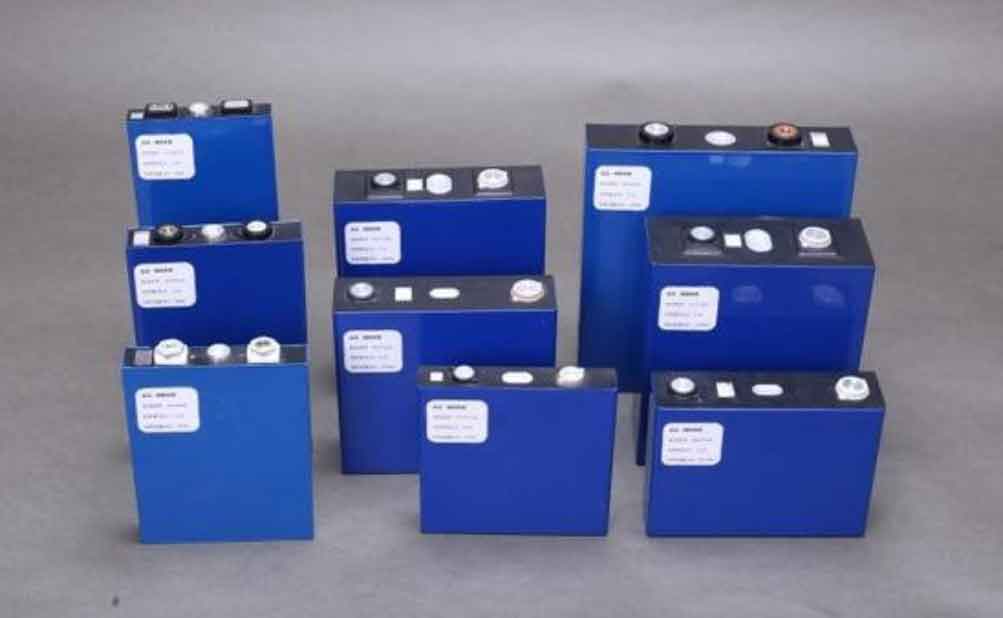Lithium iron phosphate (LiFePO4) batteries are increasingly popular in solar energy storage systems due to their unique characteristics that make them well-suited for renewable energy applications. Here’s a detailed look at how these batteries are applied in solar energy systems:

Key Characteristics of Lithium Iron Phosphate Batteries
- Safety: Lithium iron phosphate (LiFePO4) batteries are known for their thermal and chemical stability, which provides significant safety advantages over other lithium-ion battery chemistries. They are less prone to thermal runaway and do not experience violent reactions if damaged.
- Long Life Span: These batteries typically offer a higher number of charge-discharge cycles compared to other lithium-ion types. They can handle thousands of cycles before their capacity degrades significantly.
- Efficiency: They maintain consistent performance and have a high round-trip efficiency (the ratio of energy put into the battery versus the energy taken out).
- Temperature Tolerance: Lithium iron phosphate (LiFePO4) batteries perform well under a wide range of temperatures, which is particularly beneficial for solar energy systems installed in varying climates.
- Low Self-Discharge: These batteries have a lower self-discharge rate than other types, making them ideal for use in systems that may not be used continuously.
Applications in Solar Energy Storage
- Residential Solar Systems: Homeowners use lithium iron phosphate (LiFePO4) batteries to store solar energy generated during the day to power their homes during the night or during cloudy days. This application allows for energy independence and significant reductions in electricity bills. In areas with net metering policies, homeowners can also sell excess electricity back to the grid.
- Commercial and Industrial Solar Systems: Businesses and industrial facilities use lithium iron phosphate (LiFePO4) batteries to ensure a stable power supply, reduce peak demand charges, and increase the use of solar energy. In commercial settings, these batteries help manage load shifting, peak shaving, and backup power, which are crucial for operational efficiency and cost savings.
- Off-Grid Solar Systems: For remote locations where grid electricity is unreliable or unavailable, lithium iron phosphate (LiFePO4) batteries provide essential energy storage to make solar systems viable as the primary power source. They are particularly valuable for powering remote telecommunications equipment, rural health clinics, or off-grid homes.
- Grid Services and Load Balancing: In larger scale applications, lithium iron phosphate (LiFePO4) batteries can help stabilize the grid by providing ancillary services such as frequency regulation and voltage support. They can quickly absorb or release energy to balance supply and demand on the grid.
- Portable Solar Solutions: Portable solar generators equipped with lithium iron phosphate (LiFePO4) batteries are used for a variety of mobile applications, from camping and RVs to mobile medical units, where lightweight and safe power storage is necessary.
Benefits of Using Lithium Iron Phosphate (LiFePO4) in Solar Systems
- Environmental Impact: Lithium iron phosphate (LiFePO4) batteries contain no cobalt, a controversial material due to its mining implications, making them a more environmentally friendly option.
- Cost-Effectiveness: Although the upfront cost may be higher than some other battery types, the long lifespan and low maintenance of lithium iron phosphate (LiFePO4) batteries can result in lower total cost of ownership.
- Scalability: These batteries are scalable to different sizes and capacities, making them suitable for both small residential systems and larger commercial installations.
Lithium iron phosphate batteries represent a robust, safe, and efficient option for storing solar energy, contributing significantly to the increased viability and adoption of solar technology across various sectors. Their continued use in solar energy storage systems is likely to expand as technology advances and costs decrease.
